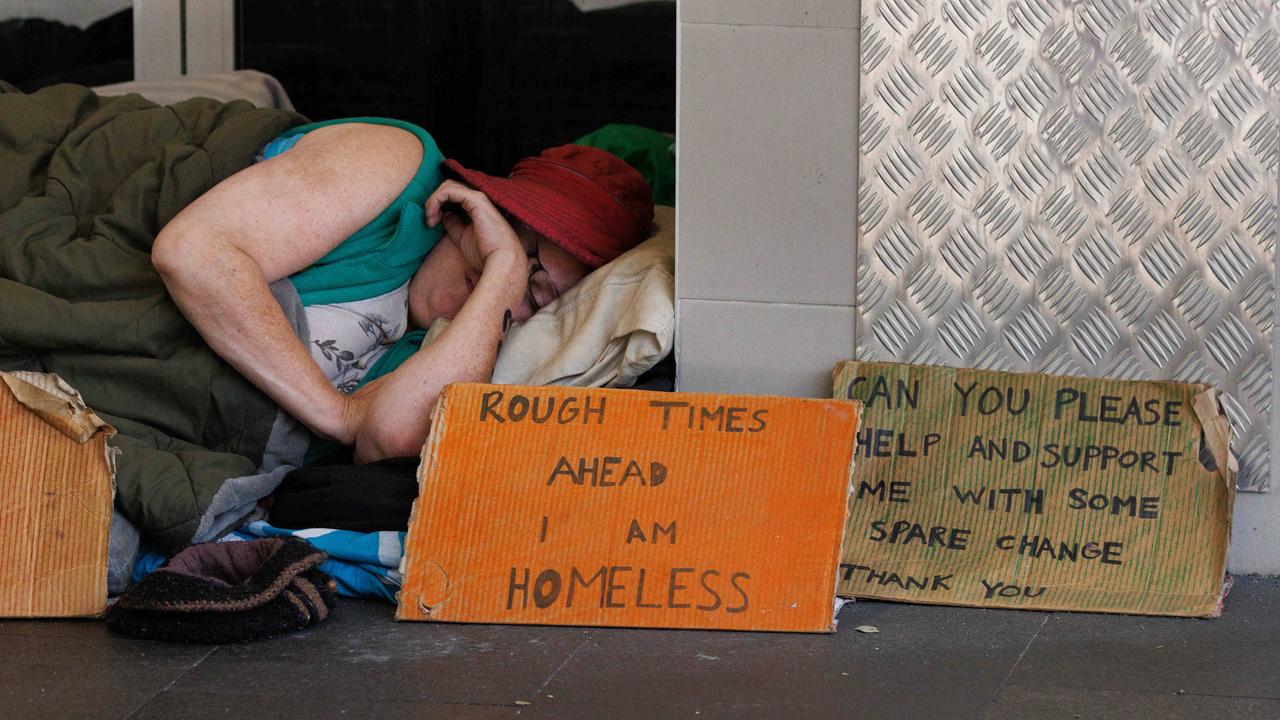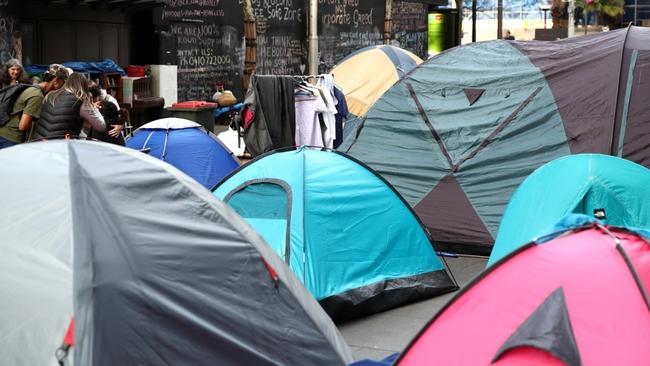280,000 Australians are struggling to find a place to call home.
The latest data from the Australian Institute of Health and Welfare (AIHW) paints a grim picture of the country’s homelessness crisis.
A Humanitarian Crisis
The numbers are staggering: in 2024, 280,100 people received assistance from specialist homelessness services. That’s a 13% increase in rough sleepers in just one year, and a whopping 33% rise over the past two years.
But what’s even more shocking is that 31% of people who needed emergency or short-term accommodation were left without a roof over their heads.

Failing Those in Need
According to Kate Colvin, CEO of Homelessness Australia, “This is a humanitarian crisis and these shocking new figures must be a wake-up call for governments across Australia.” She believes that the system is failing people at every turn, pushing families, workers, and older Australians to breaking point due to skyrocketing rents and a broken housing system.
The Most Vulnerable
The data reveals that women and domestic violence survivors are at the greatest risk of homelessness. In fact, 60% of people who sought help from homelessness services in 2024 were women, and two in five clients had experienced domestic or family violence. It’s clear that the crisis is getting worse, with Colvin stating, “We knew it was bad, but this data shows us it’s getting even worse.”
The States Hit Hardest
Queensland and Western Australia have seen the starkest increases in rough sleeping, with a 51% and 35% rise respectively. These states have also experienced the highest spikes in rent and house prices, making it difficult for people to afford a place to live. In Brisbane, house prices rose by 14.8% over 2024, more than twice the national rate. Meanwhile, in Perth, house prices increased by 25.3% annually.
A Crisis That Affects Us All
As Colvin so rightly puts it, “This is no longer a challenge for just the most vulnerable – working Australians and families are becoming homeless.” It’s time for leaders to take action and ensure that no one in Australia is left without the support they need to keep a roof over their head.

